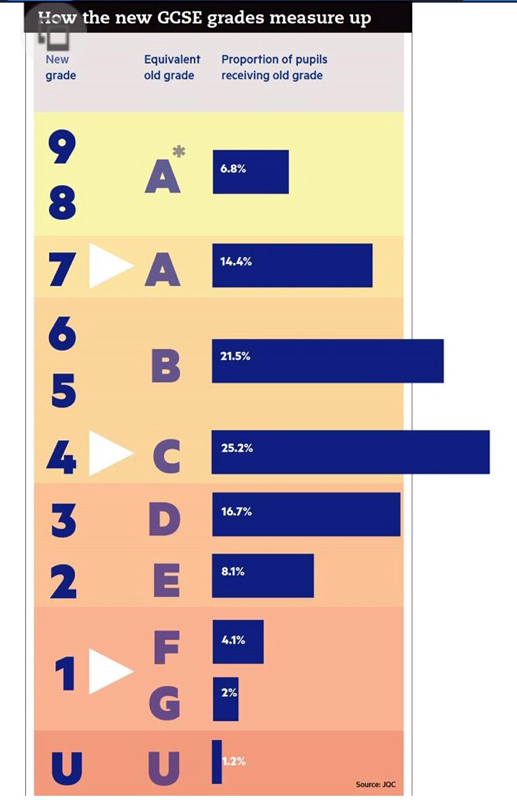|
Teachers have voted to take more strike action this coming June.
The National Union of Teachers vowed to step up their campaign as the row over pay, pensions and conditions continues. National strikes will take place in the week beginning Monday 23rd June if "significant" progress is not made in resolving the long-running dispute. The NUT have also said they will not rule out more than one day of strike action, with further action in the autumn still a possibility. The strikes could leave thousands of school children across the country facing the prospect of school closures and disruptions to lessons. For childcare cover contact Education Matters. £20 per child for a strike day. [email protected] SCHOOLS IN England are about to experience an exams revolution. Reforms to GCSEs from 2015 will mark the start of the biggest change to secondary assessment in the country since the qualifications were first introduced more than a quarter of a century ago. England’s GCSEs will have a new grading system, 9-1 instead of A*-G, presenting much tougher hurdles than currently exist. And big changes will be made to the structure of GCSEs, with less coursework and a reduction in the use of tiered papers for students of different abilities. The content will also be tougher than that of existing GCSE's. Will grade 1 be the highest? No. That was the original plan, but the highest grade will now be grade 9. The behind-the-scenes rationale is that this would allow more grades to be added if further differentiation between top-performing candidates were ever needed. It also avoids the confusion of lower-numbered grades being worth a higher number of points under the new secondary school accountability system. How will the new range compare with A*-G grades? The new grade 4 will be equivalent to an existing grade C (see graph below). That means six grades will be set at that level or above, compared with the existing four. Exams regulator Ofqual has suggested that a grade 7 could be awarded to the same proportion of students achieving an A in the final year of the old GCSEs. It has also proposed that grade 9 should be for “really exceptional” performances and awarded to just half the proportion of candidates who would currently achieve an A*. Will 4 be the new pass grade, as grade C is now? No. The suggestion is that grade 5 will be the new “pass grade”, and that the standard will be internationally benchmarked so it corresponds to “performance in high-performing countries”. But the whole idea of a single all-important pass grade is likely to diminish under a points-based accountability system that gives schools some credit for all grades they achieve, rather than just getting over the C threshold. In the end, it may be employers and FE and HE institutions who decide what really counts as an acceptable pass. How will the content change? The Department for Education says it will be “more stretching”. Science GCSEs will include “cutting-edge” topics such as the human genome and ecology in biology, nanoparticles in chemistry, and increased content on energy and space in physics. There will be more “mathematical challenge” across the board. In reformed modern foreign languages, most exam questions will be asked in the language being studied. History will cover “a wider range of historical periods” across three eras: medieval (500-1500), early modern (1450-1750) and modern (1700 to the present day). For details, go tobit.ly/GCSEsubjectContent Parents are finding out whether they have got their preferred primary school place, as for the first time a National Offer Day allocates places across England on the same day. Primary places have been put under increasing pressure, with many schools adding extra classes to keep pace with a fast-rising birth rate. Between 2012 and 2013, primary pupil numbers grew by almost 100,000. Councils are calling for more powers over the opening of new schools. This year sees the first co-ordinated allocation of primary school places across England, with emails and letters being sent out with details of where children will be starting school in September. In Manchester, where there has been population growth, some 87.5% were offered their first preference school. A total of 4.5% - some 303 children were offered places at schools which they had not chosen. |
Tracey BerminghamTutor to the 'Stars' Archives
December 2015
Categories |
|
0787 210 6686
|




 RSS Feed
RSS Feed